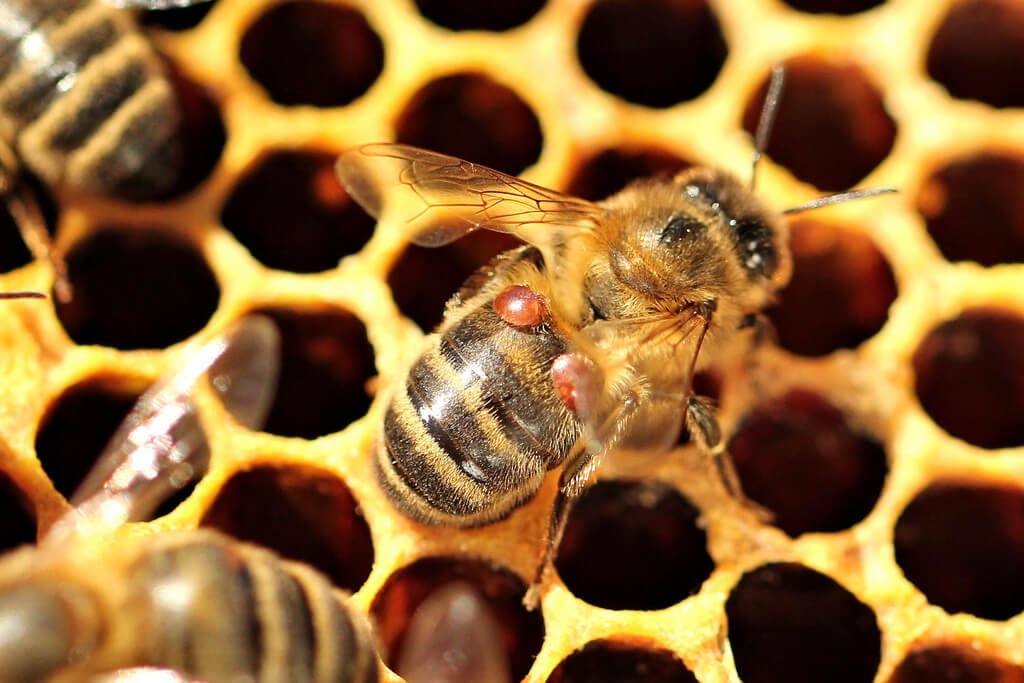



Article by: Hari Yellina
Following a varroa mite diagnosis in Narrabri, thousands of bee hives in Tamworth and the NSW north west have been inspected. Local beekeepers are unsure of how their operations would continue in the wake of the terrible finding. The new case in Narrabri, which has been connected to the epidemic in Newcastle, was verified by the NSW Department of Primary Industries on Monday. Owner of Wall’s Honey Co. Justin Wall expressed concern that the ban on bee movement will be extended since bees are scheduled to be moving in August to pollinate almonds. The current position, he continued, “feels like we’re back in COVID; it’s truly the same kind of predicament we were in before. We have to prepare for both the best and worst-case scenarios.”
Following the discovery in Narrabri, almost 2000 hives were examined around Tamworth, Moree, Inverell, and Kempsey, but no mites were discovered. Mr. Wall claimed it was unlikely he would be able to transport any bees until August for the purpose of producing honey because the pollination of almonds was uncertain. “We won’t be producing any honey over the next month if we can’t go out and place boxes on hives, so there will be a slight loss of cash from poor honey production,” But if the bee lockdown lasts into August, that will be when it will sting the most.
A significant portion of our annual income is generated by almond pollination, therefore skipping it this year will have a significant financial impact, according to Mr. Wall. There will be a lot of beekeepers who will have a really difficult start to the year if we can’t switch to almonds. It will be a difficult period financially. Mr. Wall claimed that all of his effort was going toward winter upkeep in order to get ready for spring because there is no clear indication of when limitations on bee migration will be lifted. If the DPI manages to get rid of this pest and everything return to normal later in the year, he hoped, “Hopefully, we will be prepared to hit the ground running.” The most we can do right now, he continued, is assist the DPI in reporting any bee movements we observe. “Anyone who owns a single hive should register it with the DPI immediately. “We need to know that every single beekeeper in the area is registered if there is a spread up here in the future and they need to do surveillance activities.”